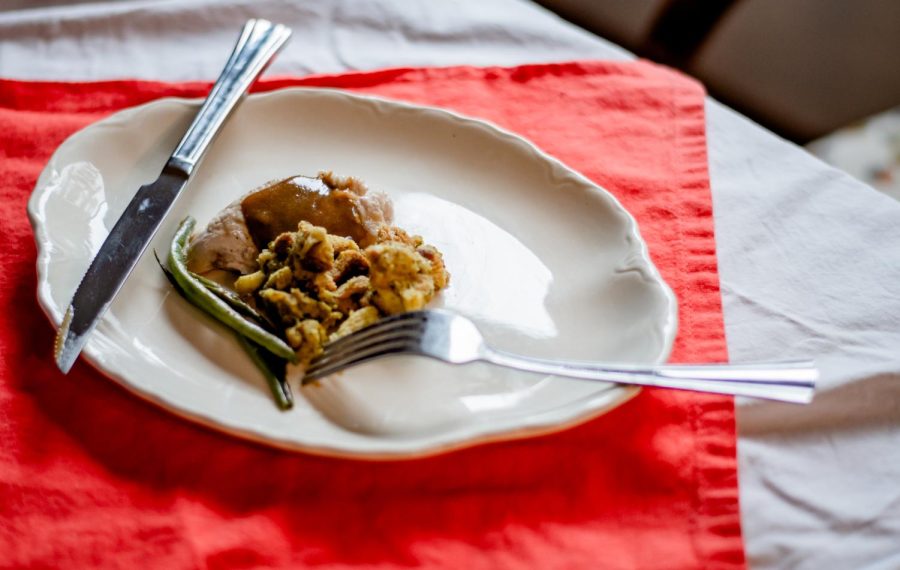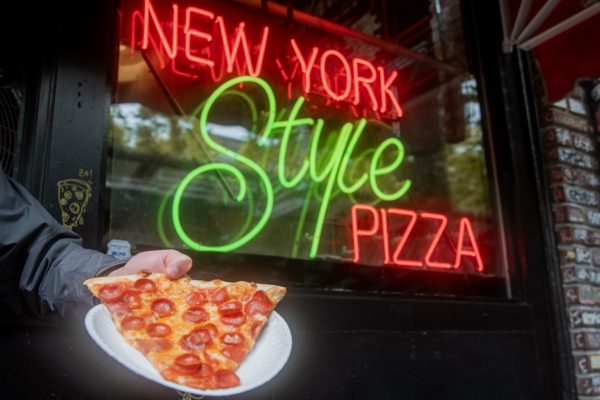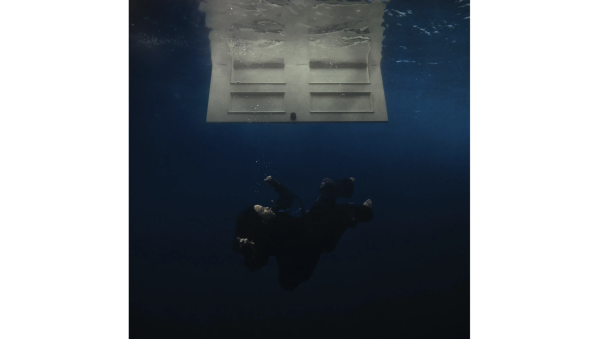How did Redhawks Spend Thanksgiving on Campus?
As winter takes hold on Seattle University’s campus, students face the question of whether or not to go home for Thanksgiving break.
Out-of-state students wonder if going home on Wednesday, only to return on Sunday, is worth the commute time. Skyrocketing prices of plane tickets can put going home out of college students’ reach. Once students decide to stay on campus, the question pivots to what to do with their time.
For Alex Takemoto, a second-year interdisciplinary liberal studies major, Thanksgiving is a difficult holiday to justify a trip home. Takemoto’s home state of Hawaii is a popular travel destination during the holidays, so tickets become even more expensive than the ocean-crossing flight would be normally.
Takemoto’s experience staying on campus, and in Seattle in general, was improved by the presence of friends on campus and the opportunity to attend a family friend’s Thanksgiving dinner. Besides a few people that she met up with, Takemoto noticed that Seattle U was far quieter than usual.
“By Wednesday campus felt like a ghost town,” Takemoto said. “Last year I stayed on campus over Spring Break and it had been pretty empty, but this felt a lot different. Walking past the student center and down the lower mall, I saw almost no one.”
Lucy Sartain, second-year double major in history and psychology, echoed similar sentiments about spending the holiday on campus. When Sartain’s plans were solidified for the holiday about three weeks before Thanksgiving Day, plane tickets home to Texas were already expensive. She chose to hunker down for the holiday and celebrate with friends on the quiet campus.
Choosing to have a Friendsgiving or Thanksgiving festivities with food with friends went through some edits as meat prices continue to rise all across the United States. Sartain decided to make a lasagna for Thanksgiving, a non-traditional dish that ultimately saved her money.
Regardless of destination, Thanksgiving is a holiday that many college students have difficulty celebrating due to the day’s history. Sartain and others choose to divorce the holiday from its original meaning and simply celebrate the togetherness of the holiday and the people that it allows them to bond with.
Sartain learned about the colonial history of Thanksgiving outside of her high school education, and some of her classes at Seattle U delved into the ways that colonialism and harm against Native Americans is perpetuated in the United States.
“I want to move forward with Thanksgiving while still recognizing the fact that American colonists did really bad things. I don’t think the holiday has to go away, but I think it would do well to move away from the history of colonization and maybe incorporate it more as a simple celebration of togetherness,” Sartain said.
Trent Haynes, second-year English and French double major, another Seattle U student from Texas who could not fly home, already separates his celebrations from the origins of the holiday.
“My exposure to Thanksgiving as a kid was very traditional and trenched largely in the colonial narrative we’re all familiar with. I tend not to celebrate Thanksgiving in connection with those traditions… I enjoy the break from school and tend to fill it with fall-themed activities and time with family and friends,” Haynes said.
Haynes’ activities around campus included plenty of staying inside, but he also made it out onto the upper and lower malls for a walk while the last autumn leaves fell from the trees. While inside, he drank tea and watched cartoons with friends, a cozy tradition he hopes to continue in the future.
Thanksgiving is a complex holiday for many students, due to its history, travel constraints and the cost of food rising. Navigating the holiday with cheery fall-themed activities and an awareness of the origins of Thanksgiving seems to be the way many students choose to celebrate.










